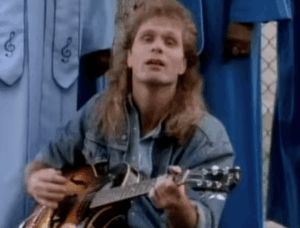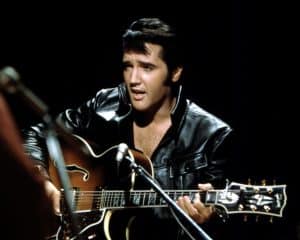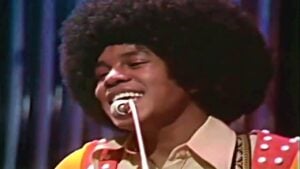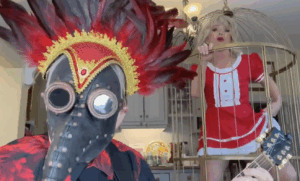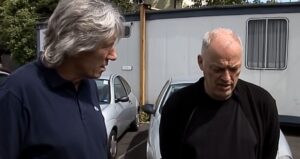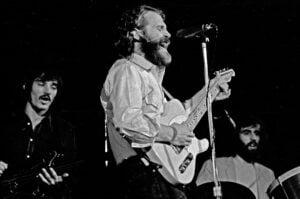7 Cringe-Worthy Commercial Jingles of the 1970s
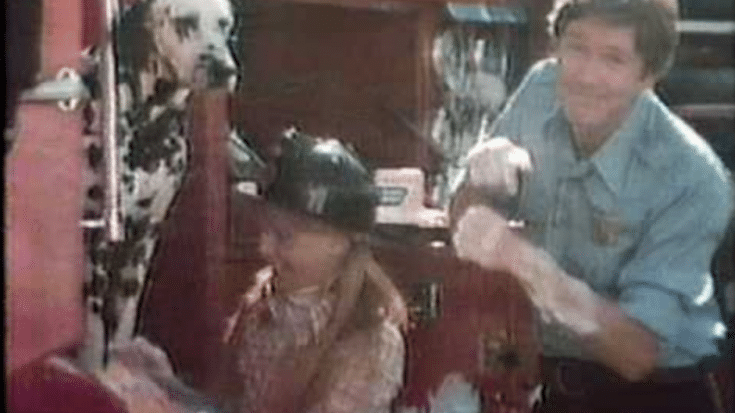
via The Media Hoarder / YouTube
The 1970s were a remarkable time for advertising jingles. Brands came up with catchy tunes to stick in our heads, whether we liked it or not. Some of these jingles were clever, while others were just plain cringeworthy. Let’s dive into seven notable ones that you might still remember today.
Oscar Mayer (1973)
“My bologna has a first name, it’s O-S-C-A-R.” In the 1970s, many kids learned how to spell “Oscar Mayer” thanks to this unforgettable jingle. It followed the previous decade’s ad where kids wanted to be an Oscar Mayer wiener. This catchy tune made the brand’s name easily remembered, ensuring it stuck in minds of children and parents alike.
Oscar Mayer’s jingle stood out due to its simplicity and memorable melody. Its impact was significant, making it a common piece of pop culture. While the phrase might sound odd today, it effectively promoted the brand, making it one of the most famous jingles of the decade.
Budweiser (1978)
“For all you do, this Bud’s for you.” This jingle was crafted by the legendary Steve Karmen, known as the “King of the Jingle.” The original lyrics were “When You Say Budweiser, You’ve Said It All,” but they evolved over time. By 1978, the jingle took its final form, appealing to a wide audience.
Budweiser aimed to connect with consumers through this tune. Whether the listener had accomplished something big or small, the jingle implied everyone deserved a Budweiser. Its message was clear and straightforward, resonating with many during that time.
Band-Aid (1975)
“I am stuck on band-aid, because my band-aid is stuck on me.” Many kids of the 70s who spent time riding bikes or playing outdoors became very familiar with Band-Aids. This catchy jingle was created to promote Band-Aid’s sticking power, which was a key feature for active children.
The song was memorable and fun, making it easy for kids and parents to recall. It highlighted the product’s reliability in a playful way. Even today, this jingle is remembered by those who grew up in that era.
Ace Hardware (1970s)
“Ace is the place with the helpful hardware man.” This jingle effectively used the brand’s name and main selling point. By emphasizing the helpfulness of their employees, Ace Hardware created a tune that people could easily recall when thinking about home improvements.
The jingle was simple but effective. It reinforced the idea that Ace Hardware was the place to go for knowledgeable assistance with any project. This made the brand stand out in a competitive market.
McDonald’s (1971)
“You deserve a break today.” In the early 1970s, McDonald’s produced a jingle that told customers they not only wanted McDonald’s, they deserved it. This message played on the emotional appeal of giving oneself a treat, making it very effective.
This jingle’s success came from its relatable message. The tune made people feel special, suggesting that a trip to McDonald’s was a deserved reward. This helped the brand build a loyal customer base.
Coca-Cola (1971)
“I’d like to teach the world to sing.” Coca-Cola capitalized on the peace movement of the 70s with this jingle. During a time of civil unrest, the company created a song that promoted unity and togetherness, which resonated with many people.
This jingle stood out because it went beyond just selling a product; it conveyed a positive, inclusive message. It connected Coca-Cola with the idea of global harmony, making it a memorable and impactful advertising effort.
Ralston’s Meow Mix (1976)
“Meow, meow, meow, meow.” Even if you weren’t a cat person, this jingle was hard to forget. The repetitive “meow” mimicked a cat’s sound, making it amusing and catchy. The simplicity of the tune made it stick in people’s minds, associating the sound with the Meow Mix brand.
Ralston’s Meow Mix jingle was unique in its directness. By using a sound almost everyone recognizes, it ensured that the product was easily remembered. Its playful nature made it stand out among other 1970s ads.












